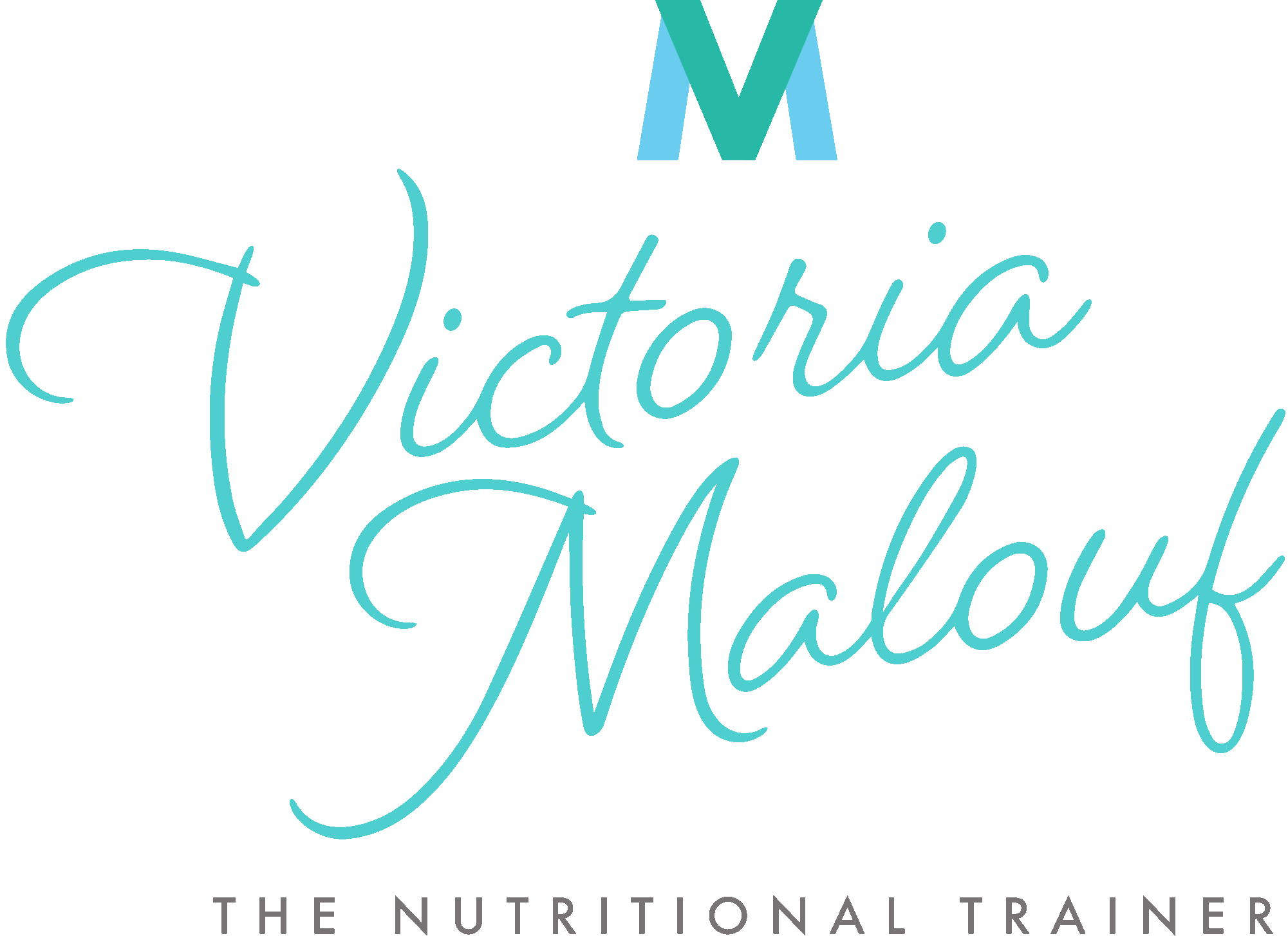The 6 best gut loving foods
- Victoria Malouf

- Aug 25, 2019
- 3 min read
The gut has been classified as the second brain and for a good reason as it can significantly affect many aspects of a persons health in both a positive and negative way. Not only can it affect digestion and bowel movements, but also the skin, hair, nails, endocrine system and lymphatic system. It can also cause brain fog and affect short and long term memory and concentration.
In your gut, there are both good and bad bacteria which can greatly affect the functioning of the gut and how well food is digested and the amount of macro and micronutrients that are absorbed. When you are eating you are feeding one type of bacteria and starving the other type. The good bacteria thrive off fibre where-as bad bacteria thrive off sugar, salt and processed foods.

Chia seeds
Out of all the types of fibre, Chia seeds would have to be one of the highest sources as out of the 12 grams of carbohydrates that would be in the 2 tablespoon serving, 11 of them would be fibre. Meaning it's not digested and gets to the colon intact to help feed and nourish the good bacteria. Because of it's high soluble water content, chia seeds can absorb up to 10 times their weight in water and thus help you to feel fuller quicker and slow the absorption rate of your food.
Psylliuim husk
Psyllium is a soluble fibre derived from the seeds of the plant of the Plantago Ovata and can be found in husk, granules, capsules or powder form. Being a soluble fibre, it is able to pass through the digestive tract without being completely broken down. When it gets to the colon, it absorbs water and helps with diarrhoea, constipation, reduce blood sugar, cholesterol and helps aid weight loss.
Avocado
Instead of being high in carbs like most fruits and vegetables, the avocado is high in omegas 3's and healthy fats. As well as being one of the highest sources of potassium, it is loaded with fibre at 6.7 grams per 100 grams. The high potassium content of Avocados have been linked to helping reduce blood pressure and cholesterol. About 25% of the fibre withing avocados is soluble fibre which is the type of fibre that the friendly gut bacteria like to feed on.
Apples
Apples contain a prebiotic fibre called pectin with one medium apple containing 4.4 grams. As your small intestine doesn't absorb fibre during digestion, it instead goes to your colon where it can feed the gut bacteria and also gets broken down into other compounds that then get circulated around the body. As the majority of pectin is found within the skin, to achieve the most health benefits, always wash apples and then eat with the skin on.
Unripe Bananas
Bananas are a good source of many nutrients the main of them being potassium, vitamin B6 and C. An unripe banana also contains a significant amount of resistant starch with as much as 3.1g in a medium sized banana with the greener the banana the more it contains. Although not technically a fibre, when in the body it acts like a soluble fibre and ha many health benefits such as to improve insulin sensitivity, lower blood sugar levels, reduce appetite.
Oats
The majority of the fibre within oats is the soluble fibre beta glucan and also the insoluble fibres lignin, cellulose and hemicelulose. The beta glucan in oats has been shown to lower cholesterol and increase bile acid production in the liver, whilst also reducing blood sugar and insulin levels after a carb rich meal. They are also a good source of Magnesium, Iron, selenium and Zinc

Image source - https://www.medicalnewstoday.com/articles/321821.php





Comments